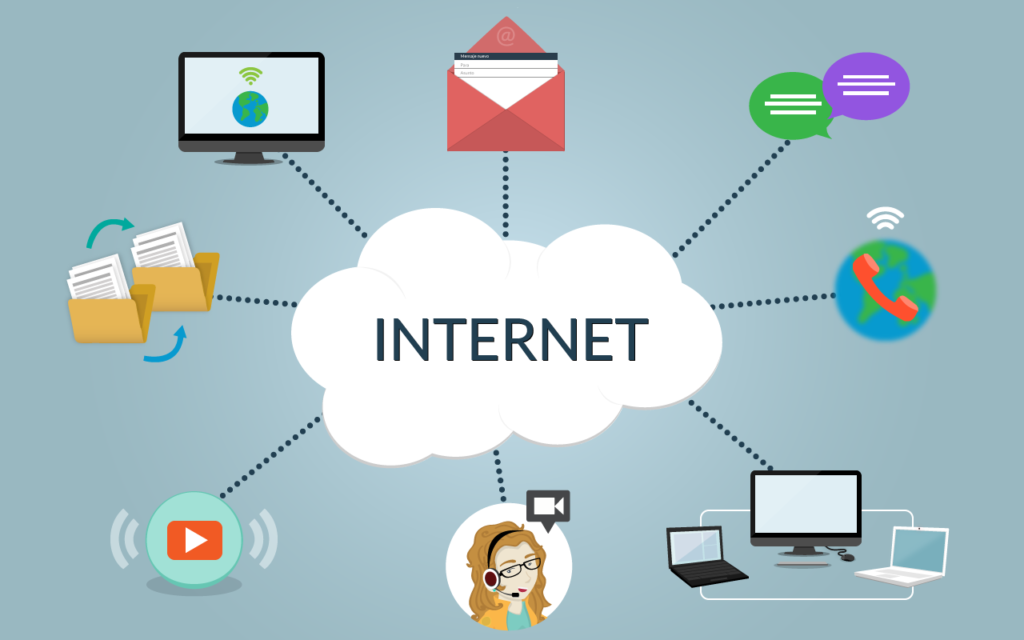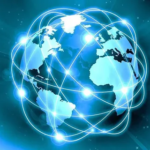The Internet has become a fundamental part of modern life, influencing how people connect, learn, work, and access information. One of its most significant roles is in addressing the digital divide — the gap between individuals, communities, and countries that have access to modern communication technology and those that do not. Bridging the digital divide is essential for ensuring equal opportunities and empowering individuals to participate in the digital age. The Internet serves as a key driver in reducing inequalities by providing access to education, communication, healthcare, financial services, and employment opportunities to those who would otherwise remain disconnected from the global network.

At its core, the digital divide stems from disparities in technology access, infrastructure, digital literacy, and affordability. Wealthier regions and countries are more likely to have high-speed Internet connections, modern devices, and access to information, while underdeveloped and rural areas face limited or no connectivity. This division affects millions of people globally and restricts their ability to benefit from the opportunities the digital world provides. The Internet has played a pivotal role in combating this divide by enabling governments, organizations, and businesses to collaborate and deliver cost-effective solutions that improve connectivity for underserved regions.
One of the most powerful ways the Internet bridges the digital divide is through education. Online learning platforms such as Coursera, Khan Academy, and edX have made high-quality educational resources accessible to people around the world, often free of charge. Students in remote locations can access learning materials, enroll in online courses, and even obtain accredited certifications without needing to travel or attend physical institutions. This is particularly impactful for underdeveloped nations where educational infrastructure is lacking. For example, initiatives to deliver affordable Internet access in rural areas have enabled children and young adults to acquire critical skills that empower them to participate in a globalized workforce.
In addition to education, the Internet has revolutionized communication, which is a fundamental human right. Social media platforms, messaging apps, and video conferencing tools have allowed people to connect with family, friends, and colleagues regardless of distance or location. Organizations like Internet.org (by Facebook) have provided free or affordable Internet access in low-income communities to ensure that people stay connected to the world. Governments, non-profits, and private-sector partnerships have also invested in communication networks to improve digital infrastructure and facilitate widespread access to the Internet


